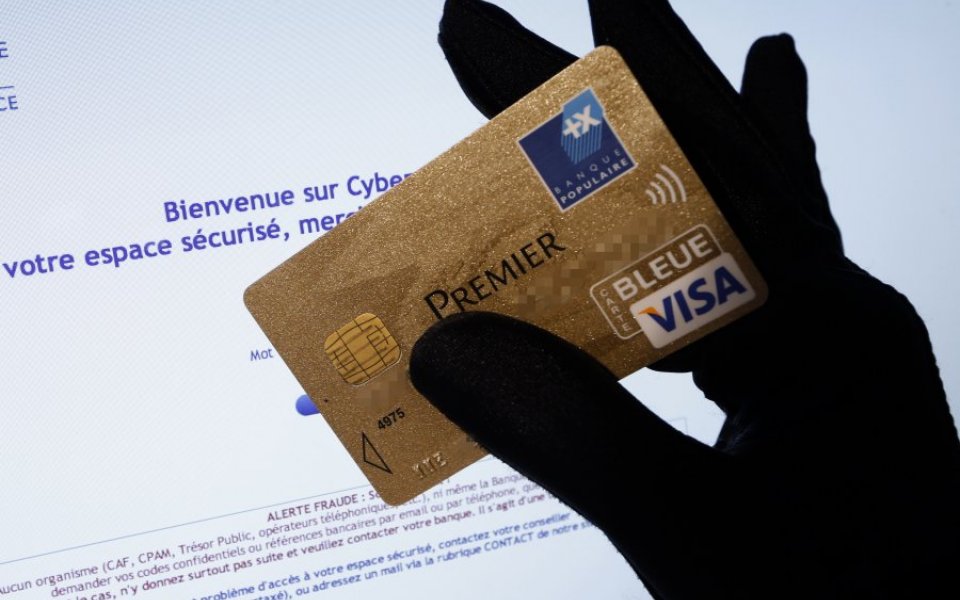Fraud damages our competitiveness: There must be no darkened corners in the City

"Fraud shames our financial system” said the home secretary Theresa May last week, as she launched the Joint Fraud Taskforce, which aims to clamp down on the volume of fraud we face. I was very glad to host the launch at Mansion House, because our government, regulators and law enforcers should know that they have the full backing of the City and the institutions based here.
The launch event was well-attended – with Britain’s main banks, and a host of financial services firms, pledging to better protect the public from a crime that costs the UK £24bn a year. They committed to share more information and collaborate better with law enforcers, including the City of London Police, the National Crime Agency, and organisations like Financial Fraud Action UK. The Bank of England is also a staunch supporter of the new Taskforce, with Mark Carney speaking at the launch.
Fraud harms us all. It harms everyone who relies on the financial industry to provide them with day-to-day services. This does not mean just those who work in financial services – it means customers and clients across the UK. Frankly, fraud is a heinous crime, and often involves preying on the most vulnerable in our society.
At the Taskforce launch, I spoke about how we in the Square Mile need to come to realise that this particular crime does immense damage to our reputation as a pre-eminent financial centre, and therefore harms our international competitiveness. The UK is an attractive destination for inward investment because our global partners have confidence in the probity and stability of our financial services sector. There must be no darkened corners in which fraud can flourish.
In recent years, fraud operations have not only grown in number, but also in complexity. Earlier this month, the City of London Police – our national lead force for fraud – urged businesses to be on high alert after increased reports of financial losses from CEO fraud. They issued warnings about emails to firms from criminals who pretend to be senior directors or chief executives, asking financial departments to transfer money immediately to a specific bank account for a spurious reason. A great deal of cunning is applied to their methods – enabling both the email author, and the money, to disappear into thin air.
If you have been a victim of fraud, I would urge you to make Action Fraud your first port of call. Staying silent does no one any good, as patterns of behaviour or examples of scams cannot be tracked and compared. Action Fraud enables victims to report if they have been scammed, defrauded or experienced cybercrime and, with a better understanding of the true picture, we can hopefully be in a better position to manage and mitigate risk.
The new Taskforce will build on the momentum of work generated in this important area, and support the intervention of both the Dedicated Card and Payment Crime Unit and the Insurance Fraud Enforcement Department – organisations where the police work alongside industry to disrupt fraudsters and secure convictions.
Last year, a report commissioned by the City of London Corporation – The Implications of Economic Cybercrime for Policing – identified the importance of forging closer working relationships between law enforcers and businesses. Only by working together – sharing intelligence and expertise – can we stamp out the illegal activities that we face every day. Prevention is of paramount importance because, ultimately, we cannot enforce our way out of this problem.